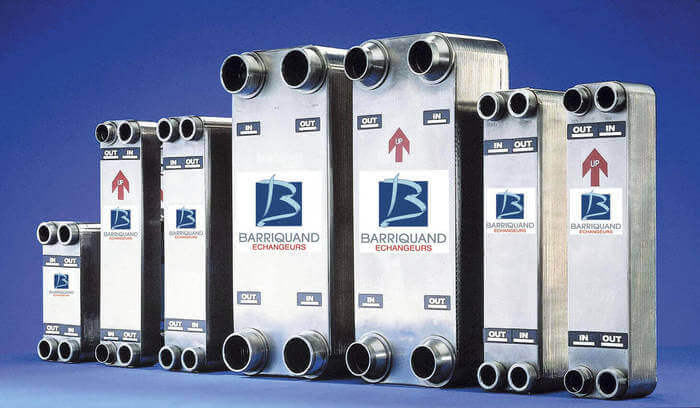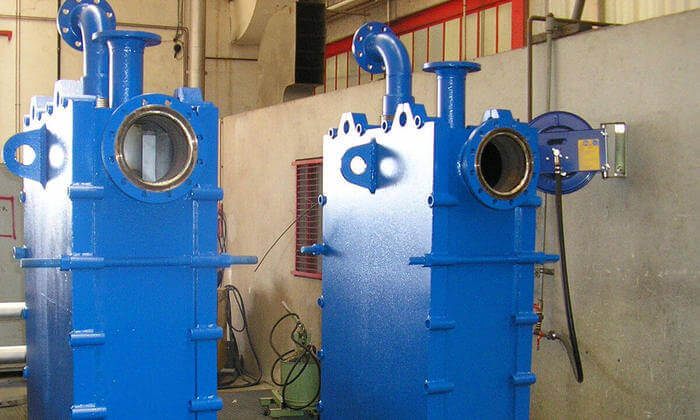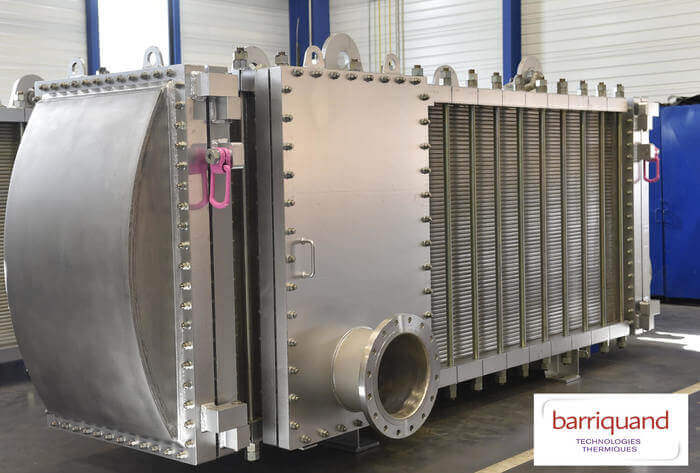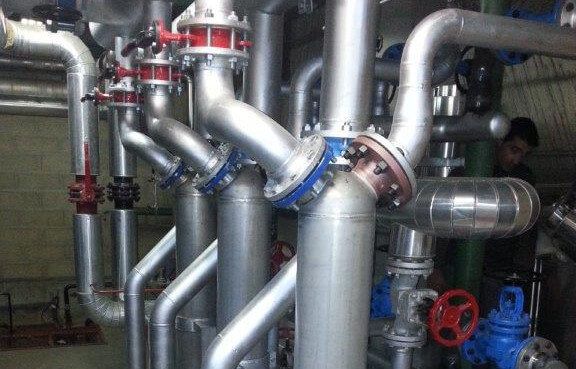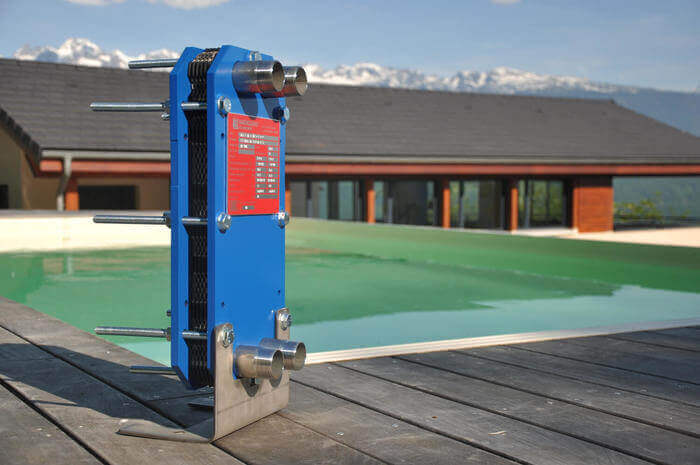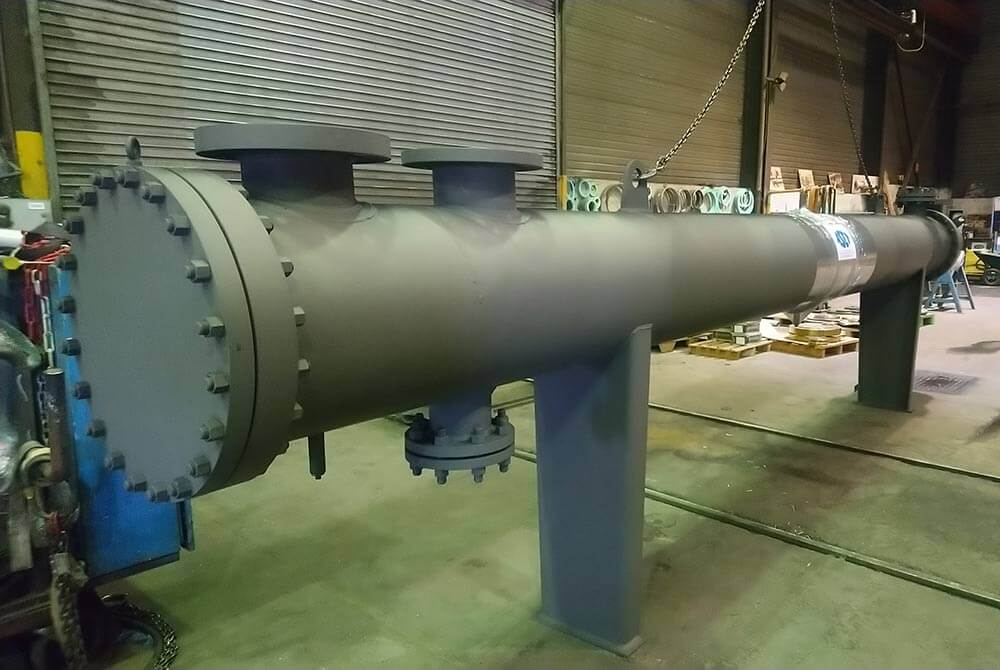

Heat exchangers for sugar factories and distilleries
The development of sugar from cane or beet is a very energy intensive industrial process. The process optimization depends on the proper dimensioning of the heat exchangers.
Heat exchangers dimensioned to reduce fouling
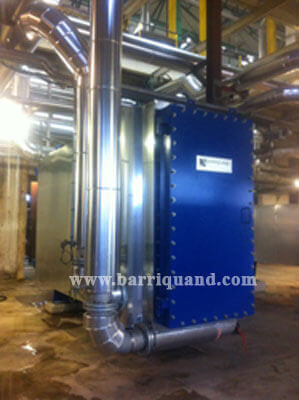
The production of sugar from cane or beets is a well-defined and energy-intensive industrial process (extraction, purification, evaporation, and crystallization). By-product recovery through methanisation and cogeneration has become one of our clients’s major objectives.
Sugar factories strictly follow the cane or beet production cycles, with harvesting at different times in different climate zones. Once a campaign has begun, plant operation is generally continuous, requiring proven and reliable technologies as technical shutdowns are either impossible or, if scheduled, must be very brief.
The juices extracted at ambient temperature must then be heated from the purification stages right up to evaporation. The juices can be raw juices, green juices, or mixed juices, extracted by diffusion or milling; pressed juices; limed, sulfited, or carbonated juices; and finally clear juices or thin juices.
Barriquand heat exchangers in sugar and ethanol
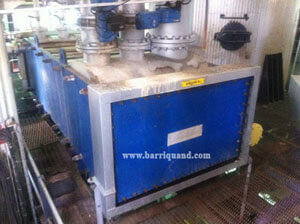
- Because of their very high content in suspended matter and their fouling tendencies, heating juices before clarification requires that the exchanger’s dimensions are specially adapted. As an alternative to tube exchanger technology which is thermally less efficient, Platular® heat exchangers have been specifically developed by Barriquand to accommodate these constraints (Platular® heat exchangers use condensates or low pressure vapors).
- Clear or thin juices are heated with high energy vapor such as first bleeding vapor (V1) or exhaust vapor (VE) before evaporation. Barriquand has developed an optimal multi-stream Platular® heat exchanger solution that reduces unit voluminosity and installation costs.
- The syrups from crystallization are generally particle-free fluids for which the gasketed plate heat exchanger technology is suitable, except for remelt syrups which contain clumps or even foreign bodies, for which Barriquand recommends Platular® welded-plate heat exchangers.
- Molasses issued from the final stage of crystallization is cooled for storage. Given its viscosity, the exchangers must be very carefully dimensioned.
Barriquand heat exchangers in distillery
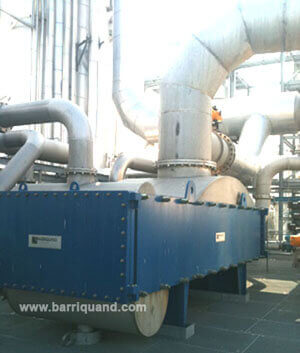
Distilleries produce alcohol (bio-ethanol, fuel or consumable alcohols such as rum) from low-purity syrup, molasses, or, in Brazil’s case, mixed juices. During the different process steps it may be necessary to either heat the juice or to cool the mash (wort coolers) during fermentation by using Platular® heat exchangers or gasketed plate heat exchangers.
The alcohol vapors leaving the distillation columns are then condensed using one single Platular® condenser or a shell-and-tubes condenser.
The residual wash (vinasse) can also be cooled before spreading and its energy is then used to heat other fluids.
Other Barriquand heat exchanger applications in sugar and ethanol
- Heat exchangers on utility fluids
- Heat exchangers on CIP (cleaning in place)
- Production of hot water
- Fuel heaters (natural gas, heavy fuel oil)
- Kettle (evaporator-condenser, heat transfer oil, superheated water, etc.)


